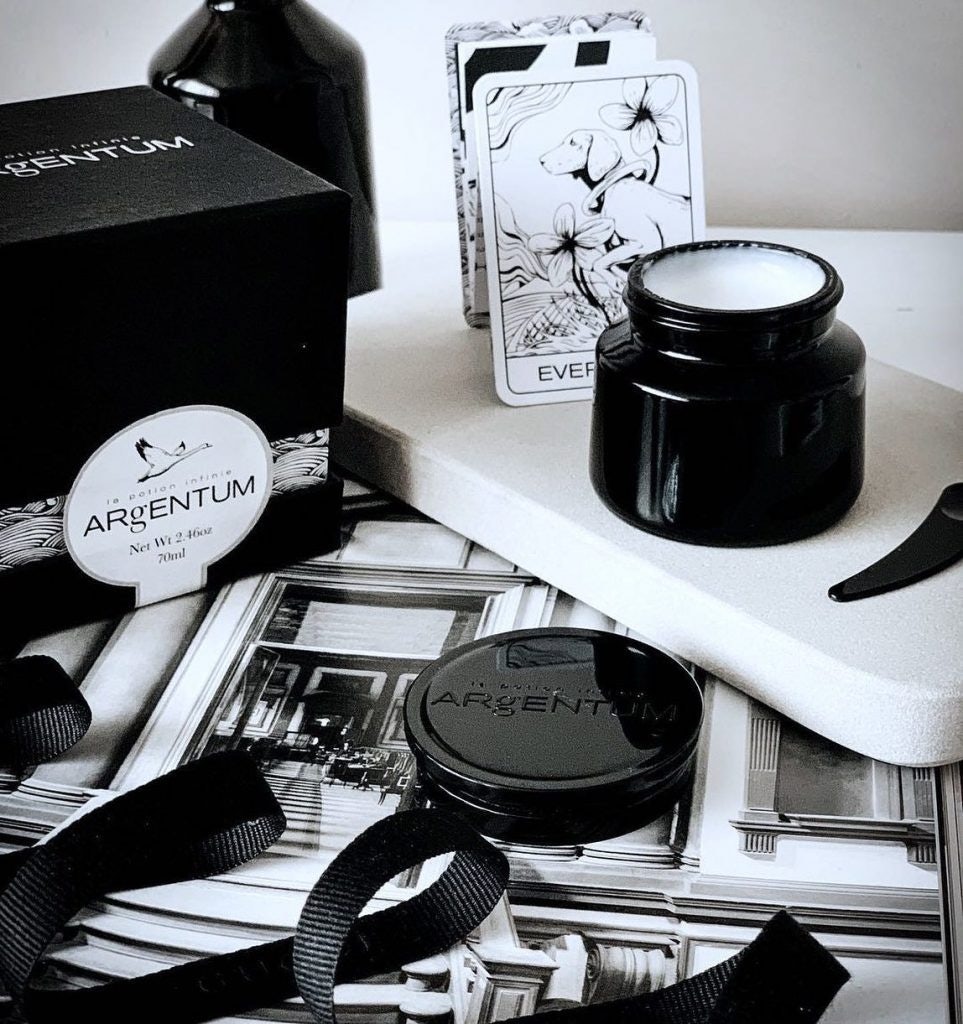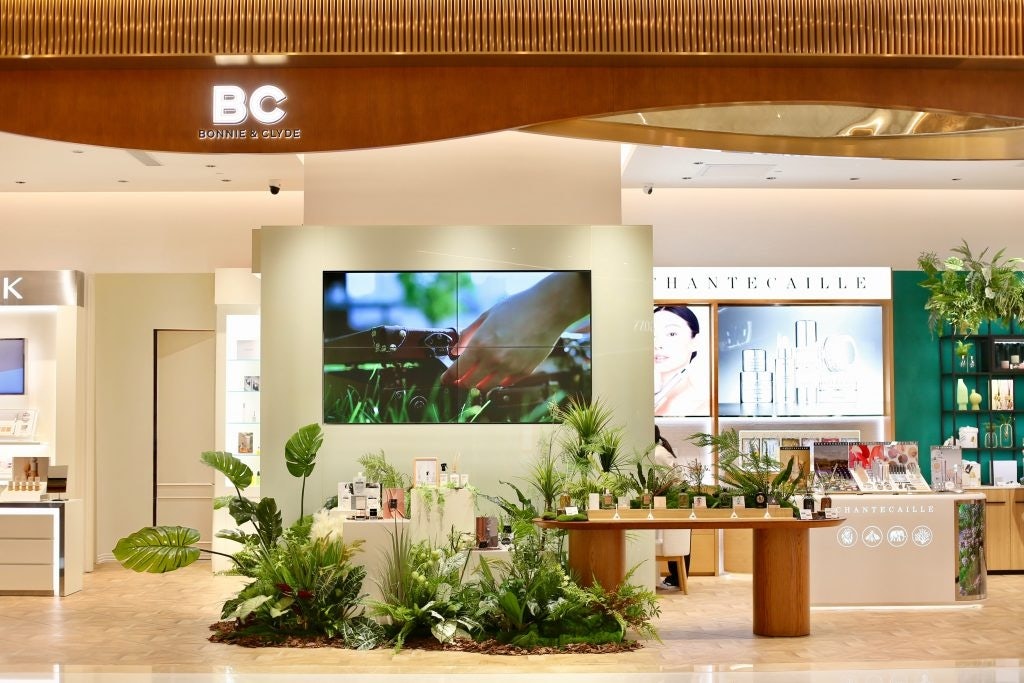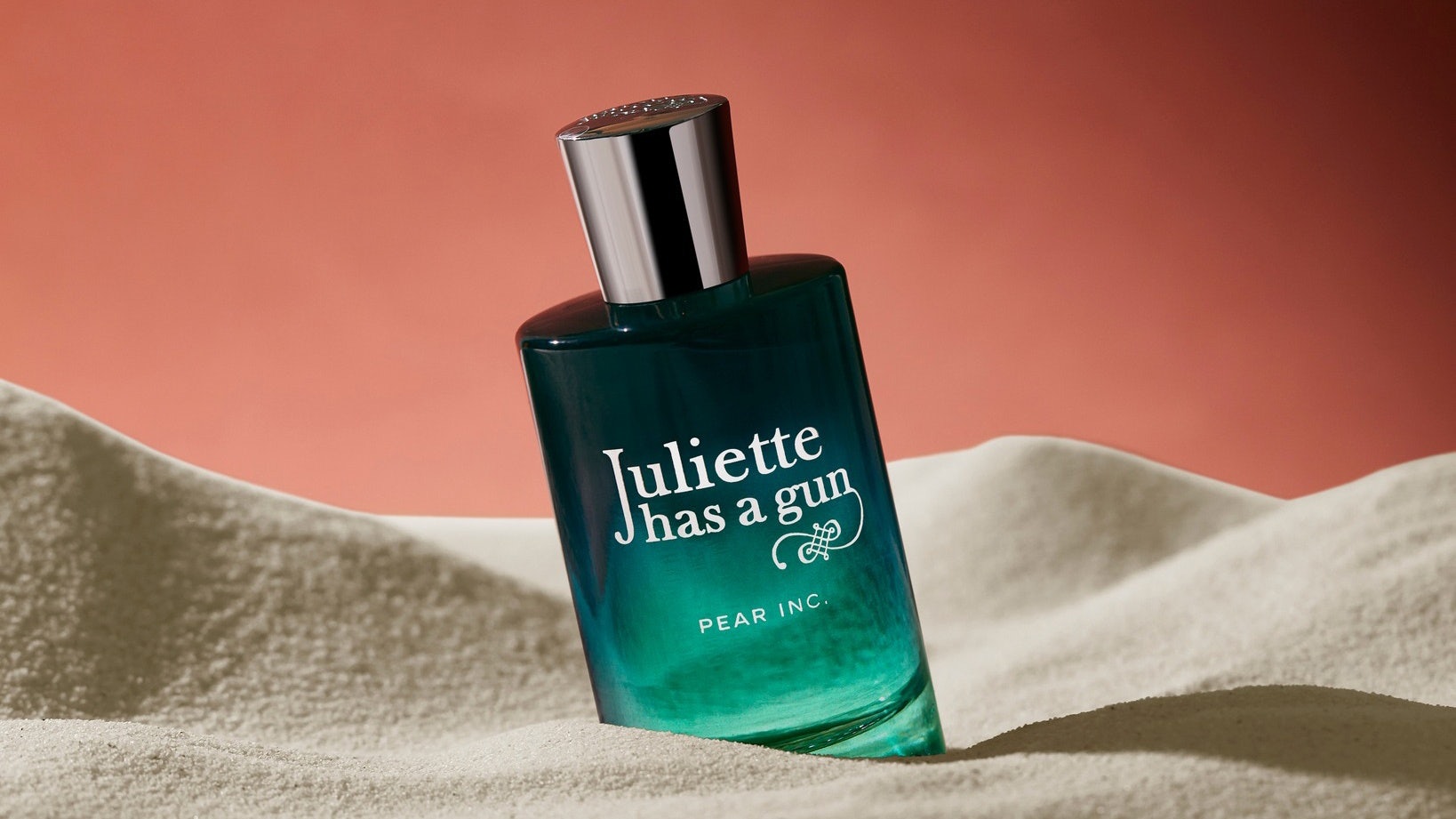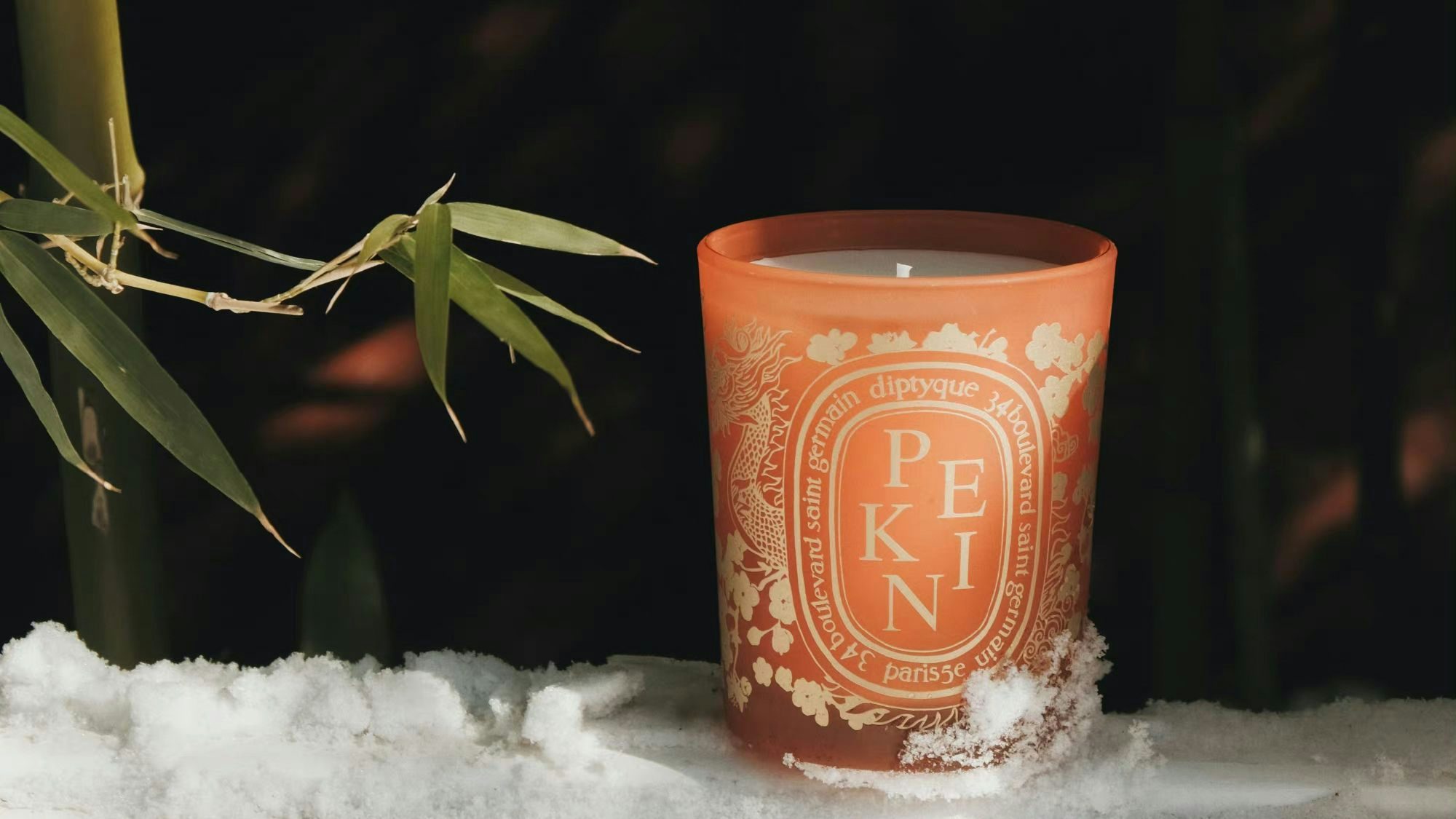As ongoing lockdowns dent consumption in China, the cosmetics category has taken a bruising — with sales down 2.5 percent in the first half of the year. A bright spot? Premium beauty. Euromonitor predicts that this segment will grow at a compound annual rate of 13 percent and account for 53 percent of total cosmetic retail sales by 2025.
Already, some of the world’s biggest beauty groups are taking advantage of this shift. In the period ended September 30, L’Oréal announced that its Luxe division reached record market share in the mainland, outperforming the global luxury beauty market. Meanwhile, Japanese leader Shiseido offloaded several of its mass market and makeup brands last year to focus on prestige skincare, which drove high-teens growth in China in fiscal 2021.
But as these renowned names double down on the luxury segment, how can niche labels stand out? Behind the scenes of many successful launches in China is a brand accelerator like Ushopal. The Shanghai-based group is on a mission to incubate the next generation of luxury beauty brands; some of its success stories so far include Juliette Has a Gun, which topped 20 million (150 million RMB) in sales in just a year in China, and Natura Bissé, which grew from 4 million to 44 million (30 million to 320 million RMB) in two years.
Below, we unpack how Ushopal helps smaller players spread their wings in China — and the benefits of partnering with brand accelerators.
Laying the building blocks for long-term growth#
Despite how quickly the aforementioned businesses grew in sales, brand-building isn’t accomplished overnight. To support sustainable long-term growth, Ushopal co-invests in many of its portfolio labels to expand core operational capabilities, improve profitability through acquisitions and investment in infrastructure, and boost online and offline retail capabilities, the company described. In 2021, it completed a 100 million round of funding, driving its investment pool up to 200 million.
However, Ushopal is selective about where its money goes: namely, the brand must have five years of consecutive growth with revenues of upwards of 10 million, owned patented technology, and a unique brand positioning among the Gen Z and millennial demographics. Those that have met these criteria include Juliette Has A Gun, Bulk Homme, and Argentum Apothecary, the latter of which was acquired by Ushopal earlier this month.

As Joy Isaacs, founder and chief executive officer of Argentum Apothecary, described in a statement, “unlike capital-only partners, Ushopal nurtures and inspires brand founders to focus and excel in strategy, branding, and product excellence, while also providing needed capital to ensure a precision scale-up that supports supply chain and ongoing Ramp;D.”
Delivering luxe in-store experiences#
In addition to nurturing brands financially, Ushopal goes a step further by funding its own luxury beauty retailer to support their offline services and storytelling. Founded in 2020, Bonnieamp;Clyde has secured a 10 million-strong user base through its online platform, largely between the ages of 28 and 35, and plans to double its retail presence to 12 stores in 2022.
What sets it apart from other beauty retailers like The Colorist or Harmay — which also sell niche brands — is its focus on luxury. Rather than discounting and selling samples, Bonnieamp;Clyde boasts exclusive partnerships with high-end names; in fact, it commands the highest unit price points in luxury, with a GMV of 20 million and ticket values often exceeding 1,100 (8,000 RMB). This portfolio grants it access to top luxury malls such as Jing An Kerry Center and Chengdu IFS (which opened this week), as well as prime duty-free locations.

At the same time, Bonnieamp;Clyde creates a seamless shopping experience to serve its high-income clients. The Chinese retailer is best known for its “6+365” license, which allows consumers to try cross-border products in-store, purchase online through its mini-program, and then receive their items within just four hours in Shanghai (or 24 elsewhere in China). Additionally, outlets are equipped with full brand-dedicated zones and meet-up spaces for key opinion leaders, allowing consumers to immerse themselves in the brand stories.
It is because of these tight-knit relationships with shoppers that the pandemic’s impact “has been negligible,” explained Bonnieamp;Clyde’s CEO William Lau. “Focusing on service and recurring purchasing allows our existing client base to still enjoy the VIP treatment, consultation, and access to new product launches through our Beauty Advisors and online platform.”
Gabby YJ Chen, Head of Beauty at luxury retailer Lane Crawford China, stressed that in-person retail is also the biggest indicator of brand positioning. “Retail offers the ‘human touch’ which e-tailers are lacking,” she observed. “Especially for luxury or premium brands, due to the price of the products, customers prefer to see and try the products before purchase.”
Connecting with Gen Z communities#
That said, social media plays an integral role in the discovery journey, noted Kim Leitzes, MD of APAC at Launchmetrics. That’s why Ushopal works with over 3,000 luxury micro-community leaders and its in-house content studio to capture the country’s top-spending consumers online and deepen brand loyalty.
In just a year of partnering with Douyin, Ushopal turned Argentum into a top-three Gen Z luxury beauty brand, helping it generate more than 50 million through annual sales in China alone. During this year’s 618 Festival, Argentum reported a 400 percent increase in GMV and an ROI of 6.65 percent on the short video platform, while Juliette Has a Gun boasted the highest sales and ticket price in the entire perfume category.
Although tapping local celebrities might boost awareness faster, partnering with micro-KOLs, or what Leitzes calls Key Opinion Consumers, has its own perks. “Their authenticity and transparency in product reviews enable them to build well-connected audiences with specific interests, therefore providing a great, cost-effective solution for less expansive but more targeted product marketing,” she said.
Picking the right partner#
Of course, Ushopal isn’t the only one committed to supporting niche beauty brands. Growth partner SuperOrdinary has brought more than 30 ventures to China and Southeast Asia, including Farmacy, Drunk Elephant, and most recently Jessica Alba’s The Honest Company. Like Ushopal, the Shanghai-based firm offers an entire ecosystem of services, from navigating the country’s tricky regulatory environment to leveraging its network of 70,000 influencers to build brand awareness.
Meanwhile, Tmall Global announced its own plans last year to introduce 1,000 overseas beauty lines to the market and incubate more than 50 emerging labels with an annual turnover of 1.3 million (10 million RMB). As the first point of entry for many overseas merchants, the Alibaba platform ensures smaller players are able to test the market before making a full commitment, offering inventory flexibility and lower logistics costs via its Tmall Overseas Fulfillment program.
Whether it’s Ushopal or any of the above, Chen told Jing Daily that “it’s good to have a local partner at the beginning stage as it will be an easy way to accelerate the market entry, also transiting the investment risk to the local partners.” However, she warns that the partner must align on long-term goals — and “not just achieving sales KPI” — or it might destroy the brand. “Many distributors are now smart enough to reinvest it in the beauty brands or ask for a joint venture before they put in the investment to help develop in the market,” she added.
Through brand accelerators, niche labels no longer need to stumble through the Chinese market blindly. And as these groups grow in financing — Ushopal is eyeing an IPO in the future — a heyday for niche luxury beauty names could be on the horizon.


